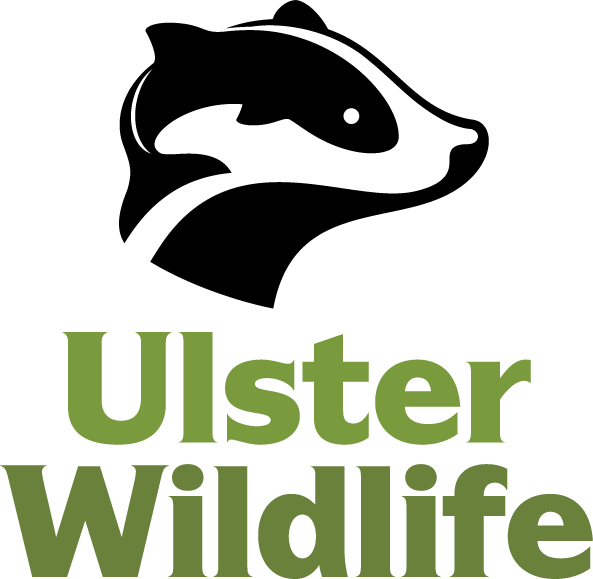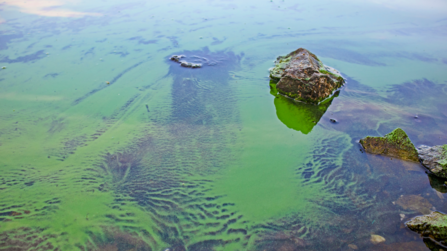From the widespread cyanobacteria blooms in Lough Neagh to frequent raw sewage spills in Belfast Lough, the charity says that Northern Ireland’s freshwater and marine environments are under serious threat and in urgent need of systemic action.
The warning comes ahead of tonight’s BBC Spotlight investigation, The Sewage Scandal, which exposes Northern Ireland's ageing and inadequate sewage infrastructure which exposes the region to continued decline.
Mat Lundy, Head of Marine Recovery at Ulster Wildlife, says:
“The persistent pollution of our rivers, sea loughs, and coastal areas is deeply alarming, especially as wastewater overflows continue to worsen, with over 17 million tonnes of untreated or partially treated wastewater discharged into Belfast Lough annually. This outdated system is failing to meet the demands of modern Northern Ireland, with grave consequences for wildlife and human well-being.”
Belfast Lough is an internationally significant site, designated as a Special Protection Area (SPA) and Ramsar site for species such as common redshank, Arctic tern, and great crested grebe. However, increasing pollution threatens this biodiversity. Sewage-related debris, dangerously high E. coli levels in shellfish, and frequent beach closures due to water quality failures have become routine, disrupting lives and livelihoods.
He added: “We are calling for the NI Executive to take forward work urgently on a comprehensive, adequately-funded Water Quality Strategy for Northern Ireland. Key components of this strategy must include securing long-term investment to modernise sewage infrastructure, implementing coordinated, cross-sectoral policy and enforcement, prioritising nature-based solutions, strengthening transparency and tackling problems at their source.
“Without a coordinated and enforceable plan, these issues will persist. Water quality is not just an environmental issue; it’s a societal challenge, affecting health, recreation, and economic resilience. Only through sustainable funding and bold decision-making can we restore our waters for future generations.”

